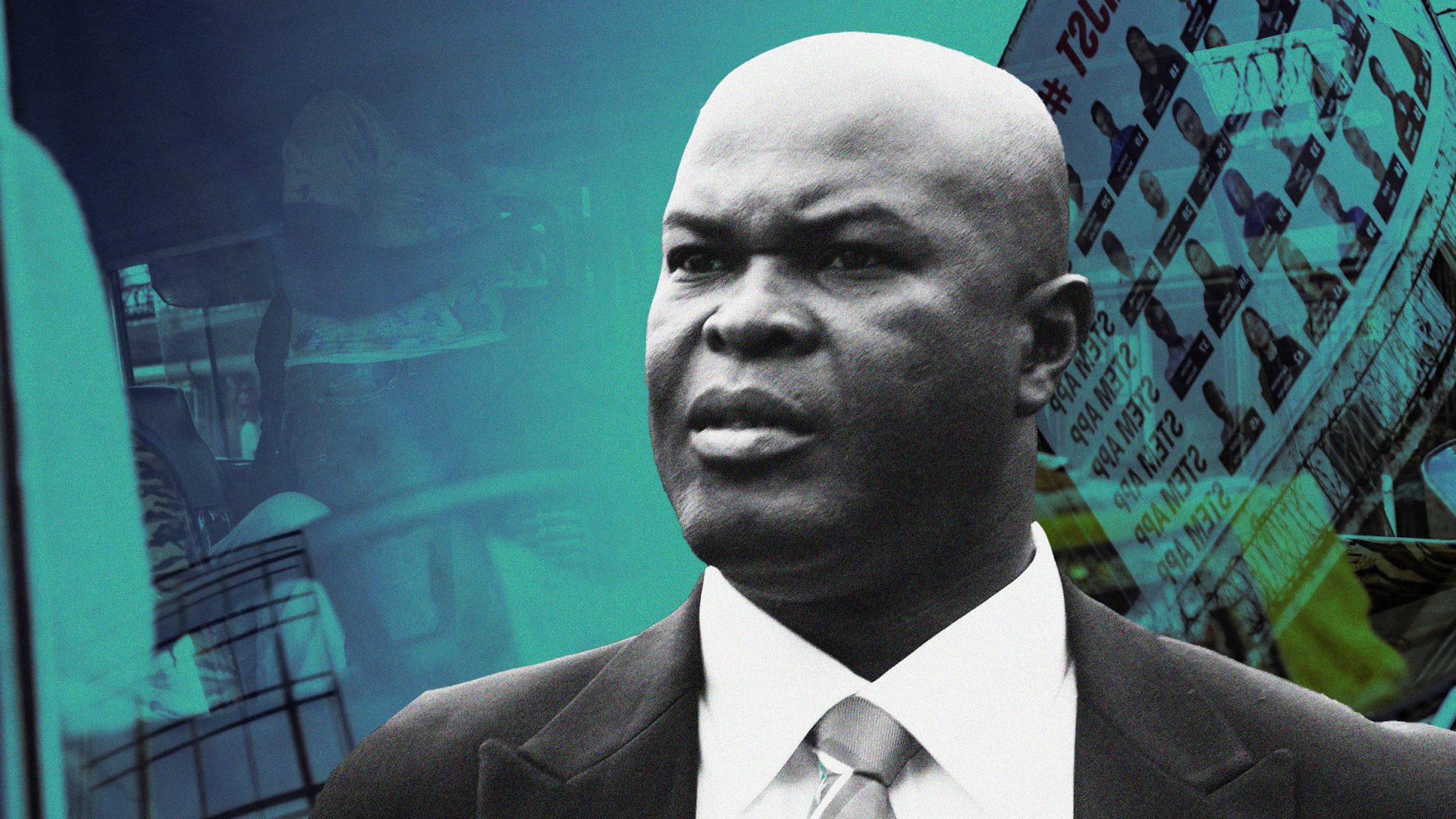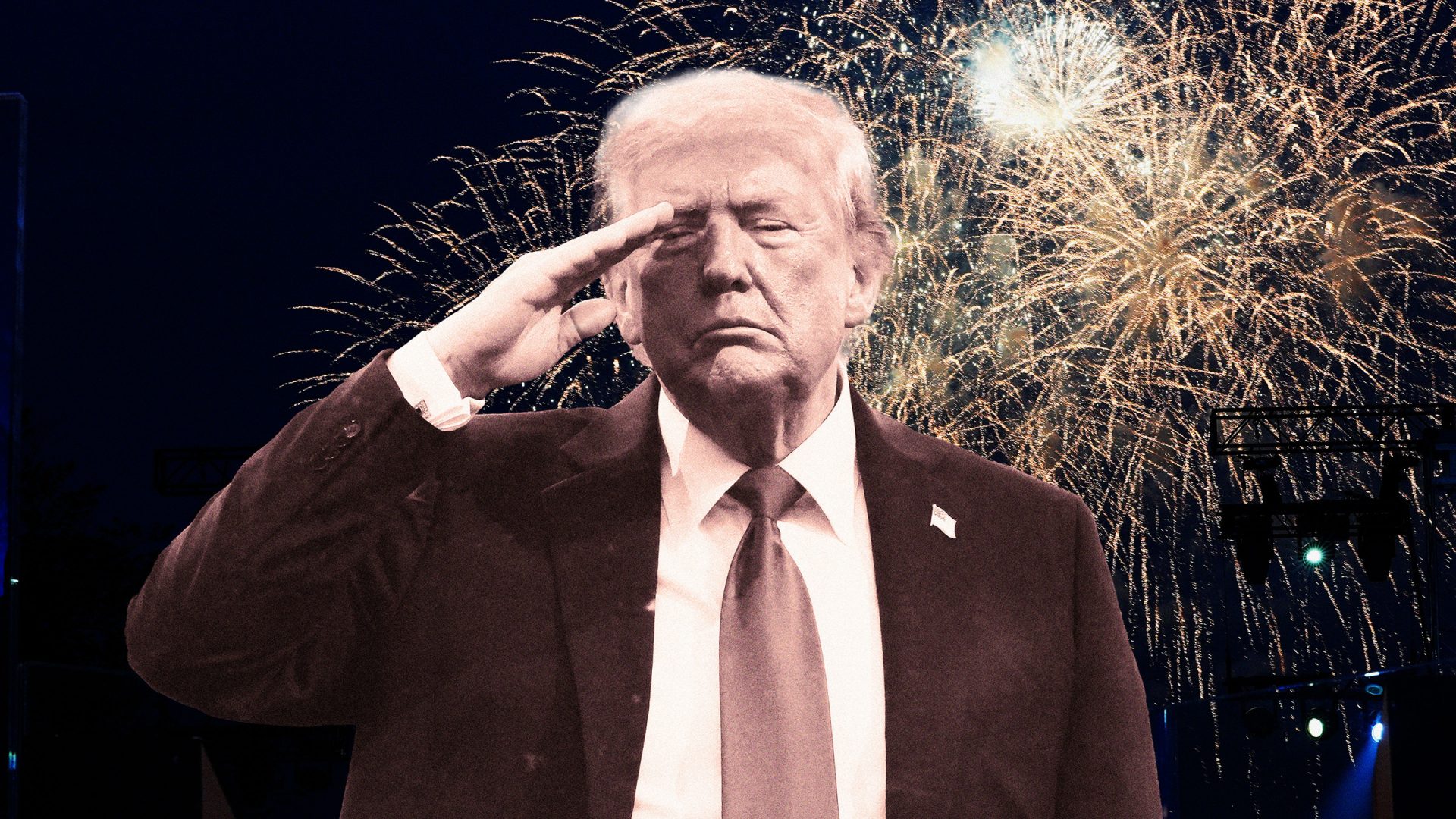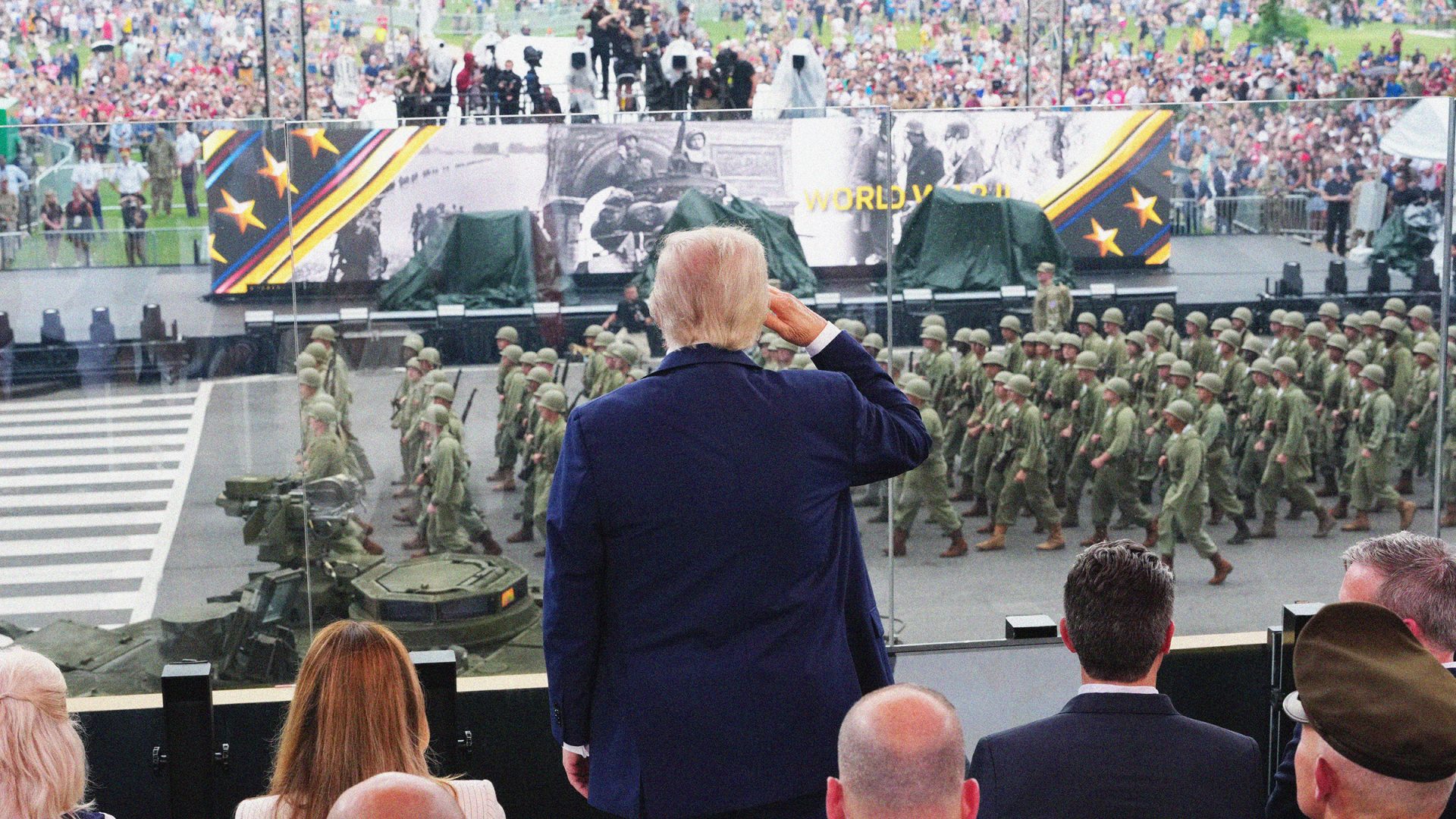It’s the final night of the election campaign in Suriname, a country of 620,000 people on the north-eastern shoulder of South America. The air smells of charred sausage and candy floss. At an outdoor sports centre in a poor neighbourhood of Paramaribo, the capital, the country’s vice-president, Ronnie Brunswijk, takes to the stage wearing a crown and brandishing a gold sceptre.
The crowd chanting his nickname – Bigi Bravo! – are maroons, the descendants of African slaves who fled Dutch plantations for the dense jungle in the 17th century. Brunswijk, born into poverty 62 years ago, has risen – via an incredible and scandal-rich career – to give his people a powerful voice in the country’s politics. He took to wearing the crown two years ago, after he was coronated by an obscure federation of African tribal monarchs. For the last 15 years his maroon party has played a decisive role in deciding elections, but Brunswijk is forever the kingmaker, never the king.
Suriname’s history of slavery and indentured labour has endowed it with a kaleidoscope of ethnic groups: creoles, Hindustanis, and Javanese as well as smaller populations of Chinese, native Amerindians and Brazilian gold miners. Walking the streets and canals of Paramaribo, you are confronted by minarets, colourful onion-domed temples, and bright blue Vishnus.
Most of the country’s political parties are closely associated with an ethnic group and the political system – which requires a two thirds majority in the national assembly to elect a president – means that coalition governments are the norm. Every five years the kaleidoscope is shaken, and a new formation of political colours emerges.
No one, in recent years, has played this system better than Brunswijk. When the cheering dies down, he embraces a colleague in black fatigues and the red beret of the Jungle Commando. In 1984, Brunswijk deserted his role as personal bodyguard to Dési Bouterse, Suriname’s military ruler, and raised a guerrilla army against him. He fought against the junta’s violent repression of the maroons and demanded economic reforms.
In the years following the 1992 ceasefire, when he made a fortune in gold mining, timber and (according to Dutch courts) cocaine trafficking, Bigi Bravo dispersed a portion of his wealth among his people. One time he even rained cash on them from a helicopter.
His Robin Hood fame endures in a younger generation. “He’s the only politician who cares for the poor,” says 20-year-old Lape Jomaisa, at the back of the crowd. “If you need medicines or school books, or you need to pay for a funeral, Bigi Bravo helps out.”
Behind the bravado, however, is a shrewd politician. When Bouterse, who stayed in the background of Surinamese politics for 20 years, was elected president in 2010, Brunswijk was quick to bury the hatchet and join the ruling coalition. He used power to improve social conditions for the maroon communities in the east of the country, but also to increase his personal wealth. The coalition was returned to power in 2015, but in 2020 he betrayed Bouterse again, by supporting criminal investigations into the former dictator’s past dealings.
In the process he became Suriname’s first maroon vice-president and secured for his party the ministries of forestry, natural resources and justice. Environmentalists pursued him for his connections to illegal and hazardous gold mining projects. The regional football association banned the team Brunswijk owns after he picked himself as striker in a competitive match – he is now 60. But he fared better than his old rival, Bouterse, who was convicted for his role in the murder of 15 opposition figures in 1982. He died of natural causes in December last year.
The day before the election I wolfed down chicken curry in an empty Indian restaurant. Its owner, Martin, explained that business had been slow all month because the government had been handing out free food packages. It was too little too late. When the votes were counted, Jennifer Geerlings-Simons, Bouterse’s former head of the National Assembly, came out on top. When she called a press conference to announce her planned coalition, there was Brunswijk at the table. Bouterse was dead, Chan Santokhi, the former president, was defeated – but Bigi Bravo was looking forward to 20 unbroken years in power.
Mat Youkee is a freelance journalist living in Colombia



